Loans
A Complete Guide to Calculating Early Mortgage Payoff
With our tips on calculating early mortgage payoff you will learn how to do it the right way and save quite a bit of money!
Advertisement
Wondering how much your extra payments should be? Read this article and learn about early mortgage payoff

A mortgage is a significant financial commitment that can last for decades. Not surprisingly, for many homeowners, the idea of an early mortgage payoff is very attractive.
There are several reasons why homeowners may choose to do so. They include reducing interest payments, freeing up budget space, increasing cash flow, and gaining peace of mind.
However, paying off a mortgage early is not always the best option and depends on individual circumstances.
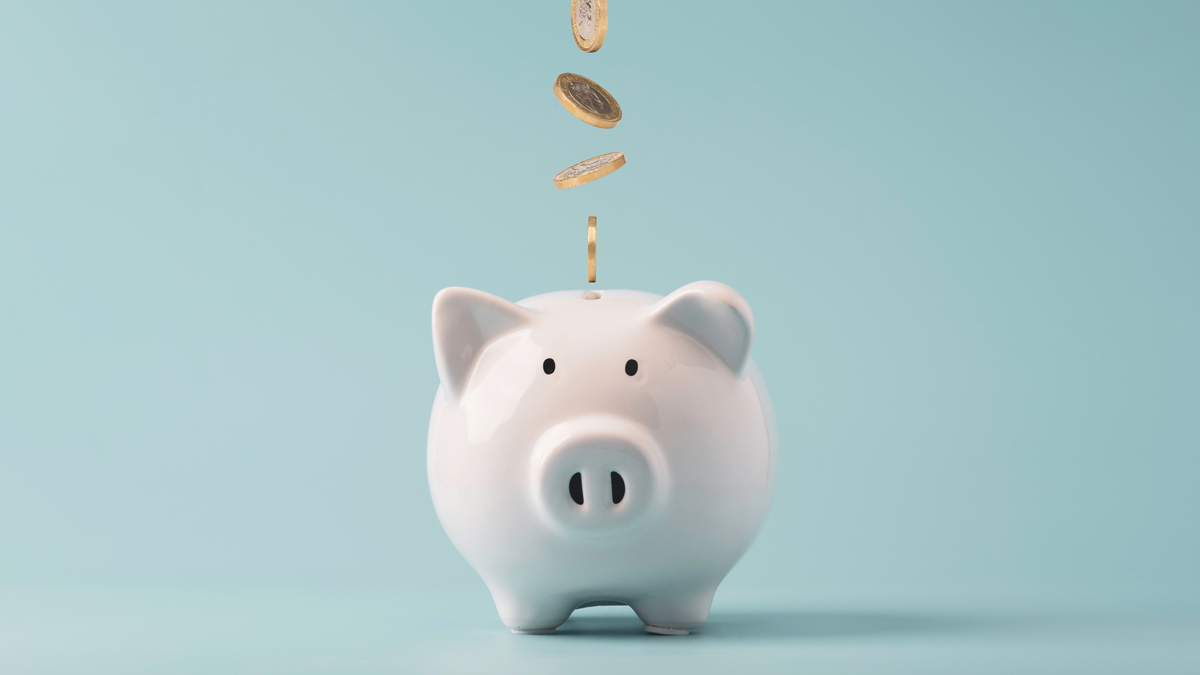
Simple ways to save money
Are you looking for some simple ways to save money? Check out our suggestions with some easy tips that will help you reduce your expenses and improve your finances.
This complete guide to calculating an early mortgage payoff is going to help homeowners make informed decisions about their mortgage.
It will cover the benefits and drawbacks of paying off a mortgage early. It will also provide practical tips and techniques for calculating the amount of money you need to achieve this goal.
This guide is an essential resource for anyone considering an early mortgage payoff. Whether you are looking to save money on interest, or simply want to be free of mortgage debt, this guide is for you.
Should you pay off your mortgage early?

Before you decide to pay off your mortgage early, there is something you have to do. Make sure you have enough cash reserves to cover other expenses and potential emergencies.
Consider a 30-year, $300,000 mortgage with a 4% interest rate and a 20% down payment. The minimum monthly payment, excluding property taxes, would be $1,146.
Over the life of the loan, you would pay $172,487 in interest. However, if you increase your monthly payments to $500, you could pay off the mortgage in 20 years. That will save you $63,442 in interest and 10 years of payments.
Fixed-rate loans are usually amortized. This means your monthly mortgage payments gradually pay off the loan.
At first, most of the payments go towards interest. However, as your balance decreases, more of the payments go towards the principal.
The pros of paying off your mortgage early include no more monthly mortgage payments. Plus, you will have 100% ownership of the property, and extra cash flow.
The cons include possible prepayment fees, and loss of eligibility for mortgage interest tax deduction.
There is also the risk of a potential decrease in credit score due to closing an account, and a large portion of liquidity tied up in the home.
Make sure you have enough cash reserves and understand the potential impact on your credit score and tax situation.
With the right planning, you can make an informed decision that works best for your financial situation.
You will be redirected to another website
By submitting this form, I agree that I am 18+ years old and I agree to the Privacy Policy and Terms and Conditions. I also provide my signature giving express consent to receive marketing communications via automated emails, SMS or MMS text messages and other forms of communication regarding financial products such as credit card and loans. Message frequency varies and represents our good faith effort to reach you regarding your inquiry. Message and data rates may apply. Text HELP for help or text STOP to cancel. I understand that my consent to receive communications is not a condition of purchase and I may revoke my consent at any time.
How to calculate your early mortgage payoff
Paying your mortgage earlier sounds like a great idea, right? Here is how you can calculate your early mortgage payoff.
1. Get the numbers right
To calculate an early mortgage payoff, you first need to determine your current mortgage balance and interest rate. This information is usually available on your monthly mortgage statement. You can also check with your lender to confirm the details.
2. Work the numbers
Use an online mortgage payoff calculator or an amortization schedule to calculate the total amount of interest you will pay over the life of the loan. This will give you an idea of the total cost of your mortgage and how much you can potentially save by paying it off early.
3. Determine how much and for how long
Determine your monthly mortgage payment and the number of payments you have left. This information will help you estimate the amount of money you need to pay off your mortgage early.
4. Find out how much you will save with an early mortgage payoff
Subtract the remaining interest from the total amount you will pay over the life of the loan. This will give you the amount of money you can save by paying off your mortgage early.
5. Check if it’s feasible
Compare the remaining interest with the amount of money you plan to use to pay off the mortgage early. This will help you determine if paying off your mortgage early is a feasible option for you.
6. Understand the benefits of early mortgage payoff
Use an online savings calculator to see how much you can save by paying off your mortgage early. This tool will help you understand the potential benefits of early mortgage payoff and how much you can save on interest payments.
How to pay off your mortgage faster
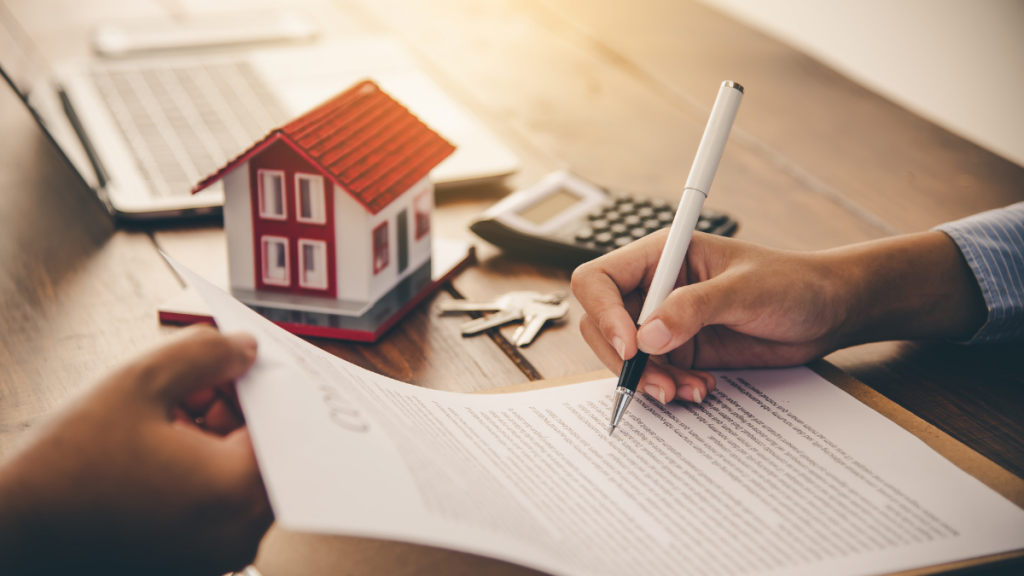
If you’re looking to pay off your mortgage faster, there are several strategies you can use. One way is to shorten your mortgage term.
This involves promising your lender to pay back the debt in a shorter period of time. which results in higher monthly payments.
Still, it can save you thousands of dollars in interest and help you become mortgage-free sooner.
For example, if you shorten your mortgage term by two years, you could save $7,726 in interest and be mortgage-free two years sooner. However, make sure you’re in a financial position to handle the higher costs.
Another strategy is overpaying your mortgage, which involves paying more than the required amount each month.
This can help you pay off your mortgage much sooner, but only if your lender allows it without penalty.
For example, overpaying by $136 a month can save you $13,667 in interest and shave 3 years and 4 months off the term.
Make sure to check your mortgage paperwork or ask your lender if they allow overpayments. Also, tell them you want the overpayments to reduce your debt, not your monthly payments.
You can also remortgage to a cheaper deal. This can save you huge amounts of money in interest but also come at a cost in terms of fees, time, and paperwork.
For example, you can remortgage to a 1.42% fixed-rate mortgage. Do this throughout the remaining term of your mortgage, and you can save nearly $76,794 in interest.
Finally, you can consider an offset mortgage. This links your savings account to your mortgage with the same lender.
That way your cash savings offset the size of the outstanding home loan, resulting in lower interest payments.
For example, say you have a $269,981 mortgage and $13,726 in savings. The $13,726 linked savings will reduce your mortgage to $256,256 and lower your interest payments.
The Bottom Line
Calculating an early mortgage payoff can be beneficial for homeowners. Consider it if you are looking to save money on interest, increase cash flow, and gain peace of mind.
Before deciding, consider if you have enough cash reserves, the impact on credit score and taxes, and if the payoff is feasible.
The right strategy depends on your financial situation, so make an informed decision with the help of online calculators.
Canyou buy a house with your current credit score? Let’s find out!
buying a house is probably one of the most expensive purchases you’ll make in your entire life. But it is also one of the most important ones.
and if you don’t the amount you need in cash, you’ll need to apply for a home loan. But is your credit score enough?
To help you solve this doubt and go toward your future home, we’ve made an article to analyze the credit score you need to apply for a home loan. You can find the answer you need on the following link.

What credit score do you need to buy a house?
If you are trying to find out what is the right credit score to buy a house, you have come to the right place. Read our article and find out!
About the author / Danilo Pereira
Trending Topics
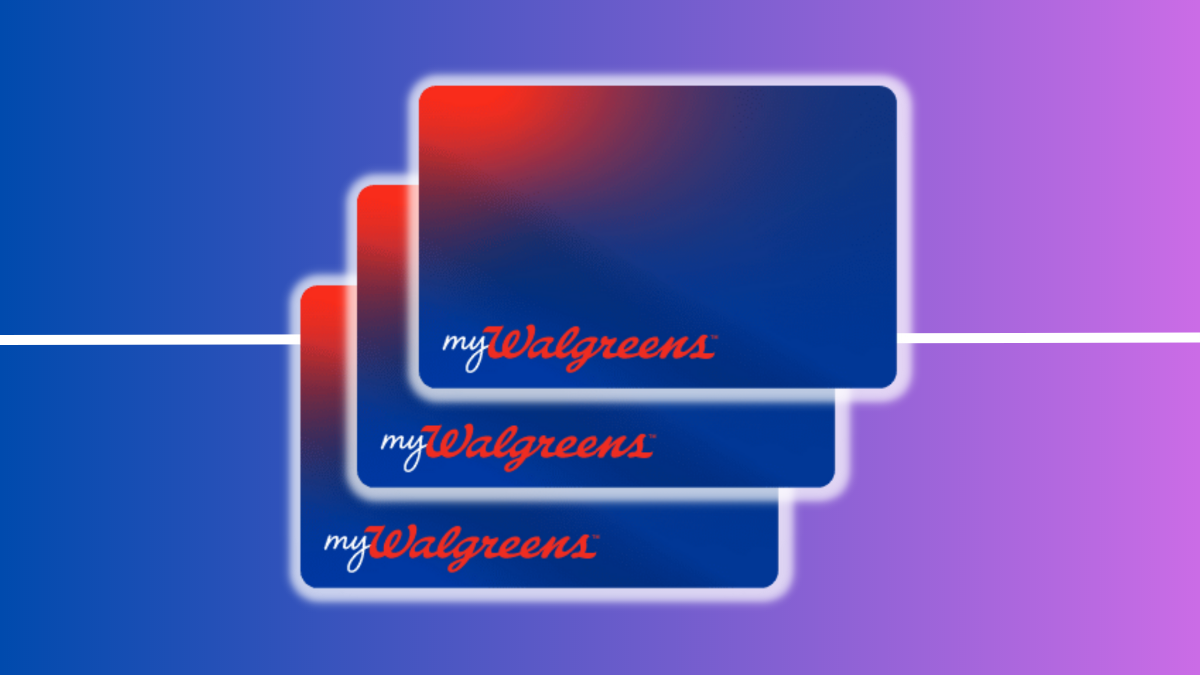
myWalgreens Credit Card review: Earn cashback with $0 annual fee
Ready to start earning 10% cash back at Walgreens? Then read our myWalgreens Credit Card review and find out more.
Keep Reading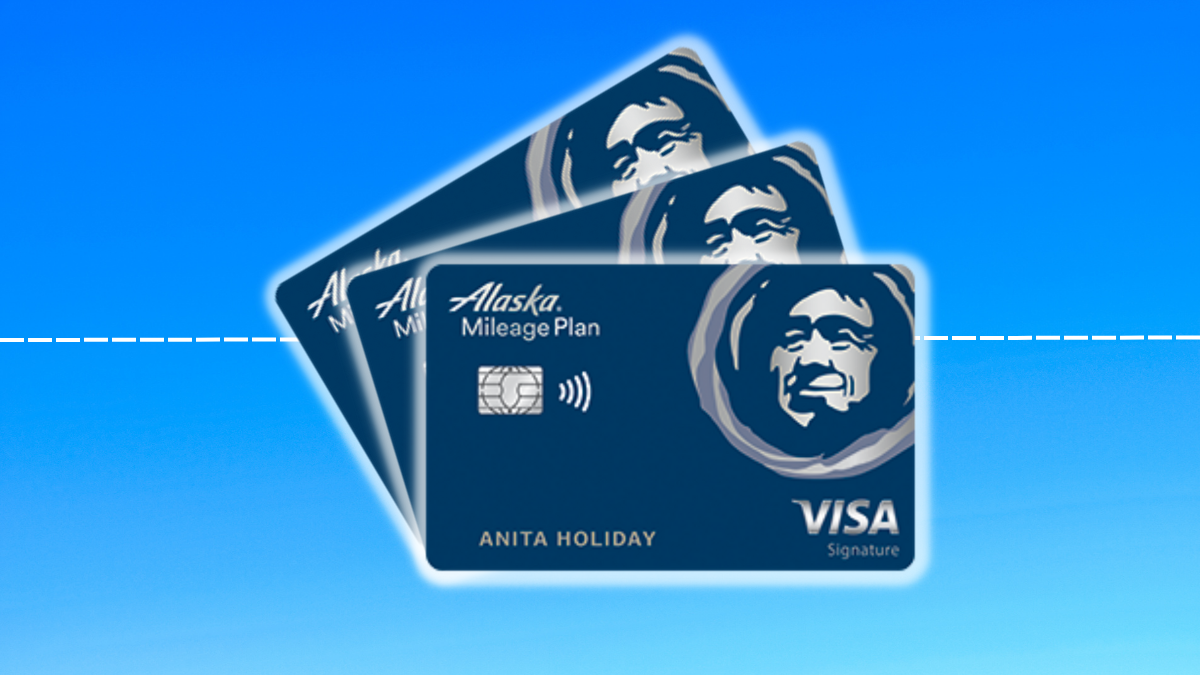
Alaska Airlines Visa® review: Earn miles for every dollar spent
Earn 70,000 miles as a welcome bonus and get free checked bags. Read this Alaska Airlines Visa® review and see how it works.
Keep Reading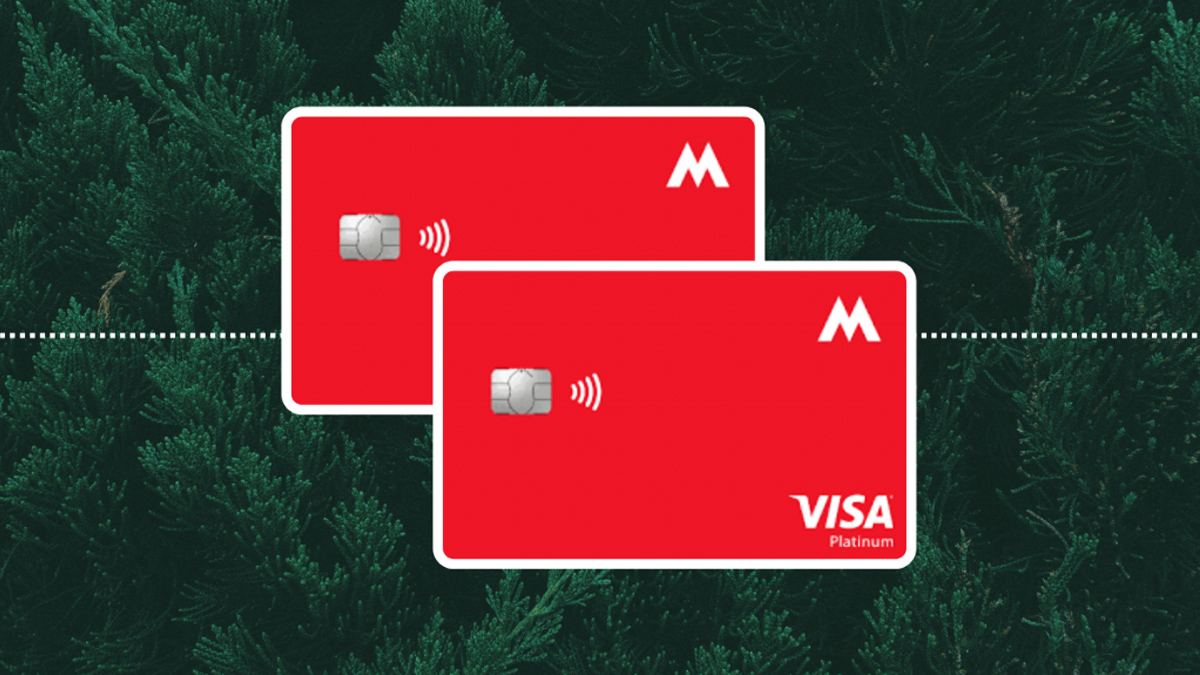
Mogo debit card review: the best environmental card
Mogo debit card will give you innovative rewards and an excellent mobile app. This review will show you why so many Canadians love it.
Keep ReadingYou may also like
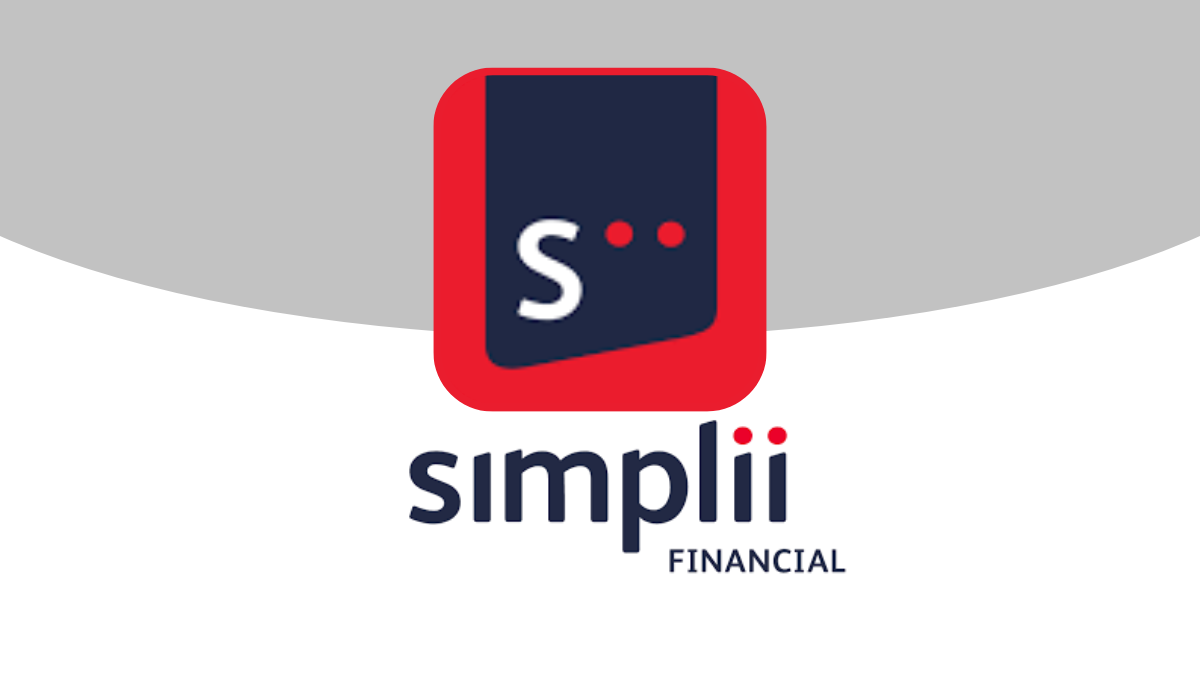
Simplii Global Money Transfer review: convenient and inexpensive
Simplii Global Money Transfer review: send money anywhere in the world, using multiple currencies, and paying zero transfer fees.
Keep Reading
Regulated crypto brokers in Canada
To be a successful investor in the crypto market, you need the best regulated crypto brokers in Canada. This article will show you 8 options.
Keep Reading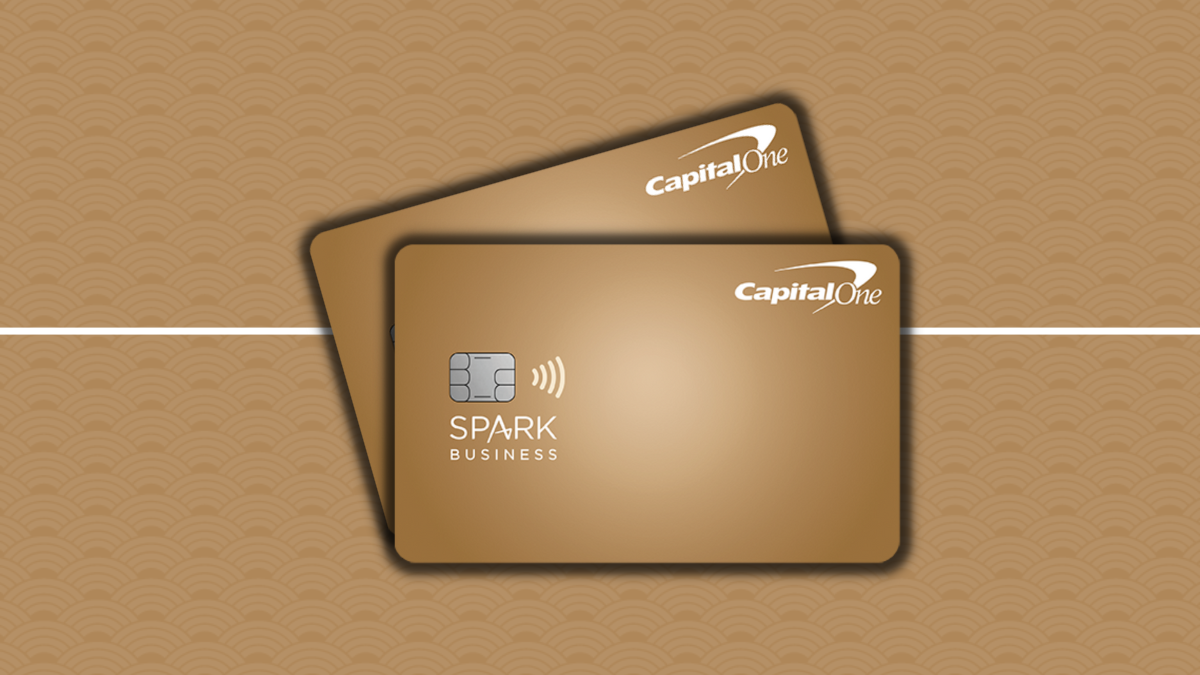
Spark 1% Classic Credit Card review: perfect for small businesses
Check our review to learn about the Capital One Spark 1% Classic Credit Card and how your business can benefit greatly from it!
Keep Reading